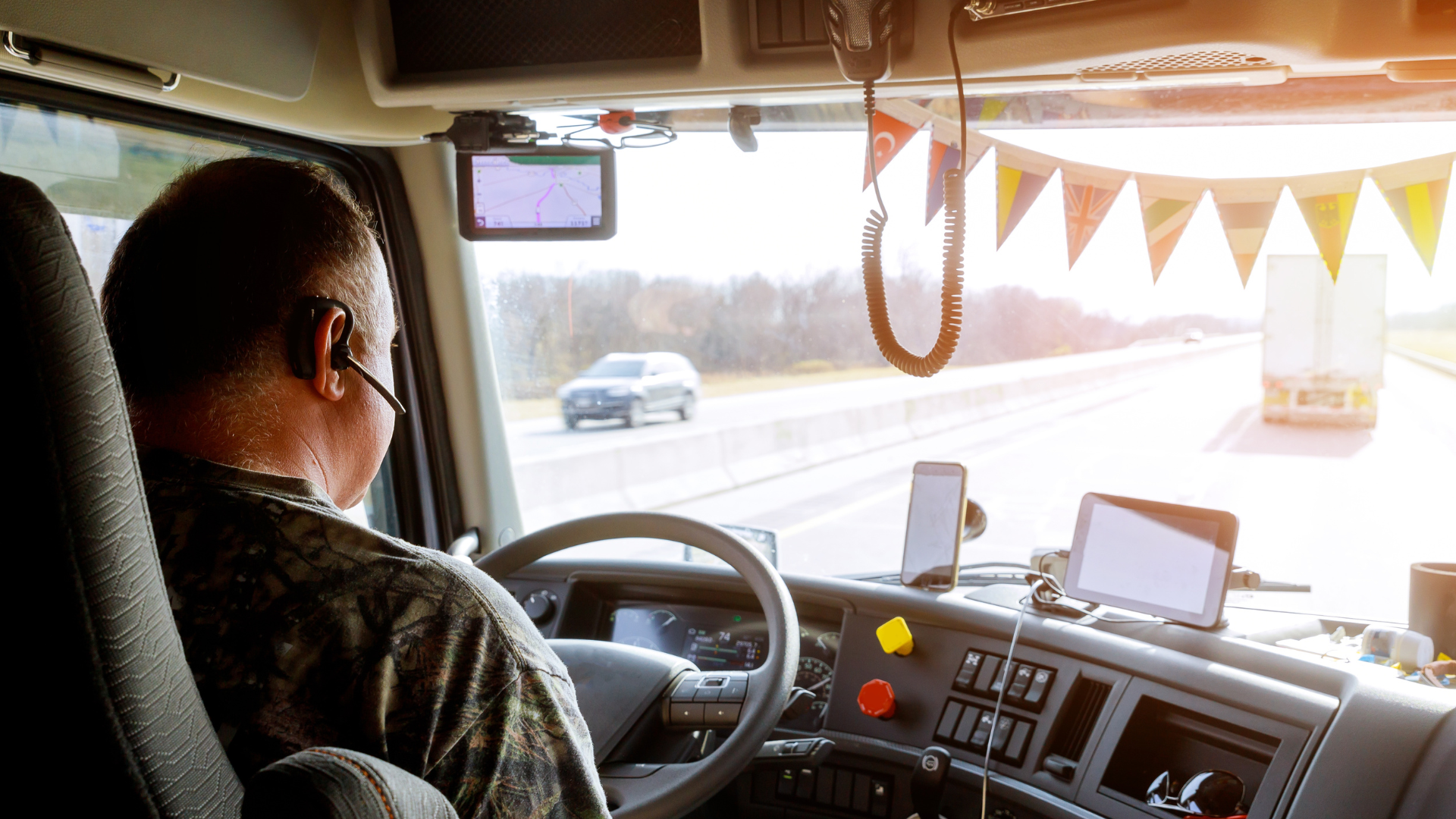
For truck operators, life on the road is full of surprises—some good, others not so much. While breakdowns, flat tires, and unexpected hazards are part of the job, knowing how to handle them safely is critical. Staying safe during a roadside emergency requires a combination of preparation, awareness, and smart decision-making. In this guide, we’ll explore essential tips every truck operator should know to prioritize safety and minimize risks.
1. Pull Over to a Safe Location
As soon as you sense trouble—whether it’s a strange noise, a loss of power, or a dashboard warning light—focus on finding a safe place to pull over. Look for wide shoulders, rest areas, or truck-friendly exits. Avoid stopping on curves or near blind spots where other drivers may not see you in time.
Safety Tip: Always turn on your hazard lights immediately to alert other drivers. If you have emergency triangles or flares, place them a good distance behind your truck to create a visible warning zone.
2. Stay Inside Your Vehicle When Possible
The road can be a dangerous place, especially if you’re dealing with high-speed traffic or limited visibility. Unless it’s absolutely necessary, stay inside your cab and lock the doors while waiting for help. If you need to exit the vehicle, wear a reflective vest to increase your visibility.
Pro Tip: Keep a high-visibility vest and flashlight in your emergency kit for situations like these.
Need a hand while on the road? We’re here to help you! Call us here.
3. Communicate Your Location Clearly
When calling for roadside assistance, your exact location is crucial. Use GPS coordinates, mile markers, or landmarks to describe where you are. The more accurate your information, the faster help can arrive.
Tech Tip: Apps like Google Maps or trucker-specific navigation tools can help pinpoint your location and provide helpful details to share with your dispatcher or repair service.
4. Know Your Truck’s Emergency Features
Every truck is equipped with safety features designed for roadside emergencies. Familiarize yourself with these tools before you need them. Learn how to deploy emergency brakes, use hazard lights effectively, and activate any built-in warning systems.
Quick Tip: Review your truck’s manual for emergency procedures and keep it handy for quick reference.
To know more about truck and trailer repair, contact us.
5. Manage Stress and Stay Focused
It’s easy to feel overwhelmed when your truck breaks down, especially if you’re on a tight schedule. However, staying calm and focused is essential. Take a few deep breaths, assess the situation, and think through your next steps logically. Panicking can lead to poor decisions and increase the risk of accidents.
Mindset Tip: Practice mindfulness techniques, like controlled breathing or positive visualization, to reduce stress in high-pressure moments.
We recommend you to see this article: Trailer Repair Safety Protocols: Keeping Technicians and Drivers Safe
6. Keep an Emergency Kit on Board
A well-stocked emergency kit can make a huge difference during a breakdown. Include items such as:
- Basic tools (wrenches, screwdrivers, tire gauge)
- First-aid supplies
- Non-perishable snacks and bottled water
- Extra batteries and a portable phone charger
- Reflective gear and a flashlight
Bonus Tip: Check your emergency kit regularly and replace any expired items or depleted supplies.
When your truck’s in distress on the highway, don’t panic – call Fast Service for immediate, expert assistance!
7. Be Prepared for Weather Conditions
Weather can turn a simple breakdown into a serious safety hazard. If you’re dealing with rain, snow, or extreme heat, take extra precautions. Use weather-appropriate gear, and if conditions worsen, consider delaying repairs until it’s safer.
Winter Safety Tip: Keep extra blankets, gloves, and an ice scraper in your truck during colder months.
8. Avoid DIY Repairs if You’re Unsure
While it’s tempting to try and fix minor issues yourself, roadside repairs can be risky without the right tools or expertise. If you’re unsure about a repair, it’s safer to wait for professional help. Attempting complex fixes can lead to further damage or personal injury.
Smart Decision: Save DIY repairs for controlled environments like a garage or workshop, where you have the right tools and support.
We recommend you to see this article: Top 5 Roadside Assistance Mistakes Truck Drivers Must Avoid
Why Safety Should Always Come First
Prioritizing safety isn’t just about avoiding fines or delays—it’s about protecting your life and the lives of others. By following these essential tips, you can navigate roadside emergencies with confidence and minimize risks. Preparation and awareness are your best allies on the road.
Fast Service Truck & Trailer Repair: Your Safety Partner on the Road
At Fast Service Truck & Trailer Repair, we understand the importance of staying safe during roadside emergencies. That’s why we offer 24/7 mobile repair services designed to get you back on the road quickly and safely. Our experienced technicians come equipped with the tools and expertise needed to handle any situation, no matter where you are.
To get more information about us, follow us on Facebook and Instagram. Or call us right now for a road service on: repairtrucktrailer.com
